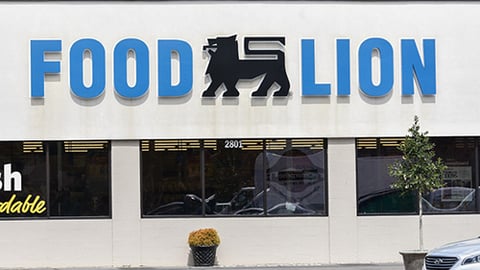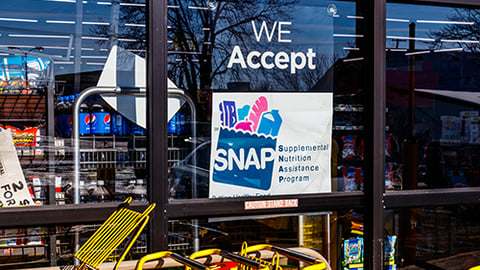425K+ New Jersey Households to Receive Extra Food Stamp Assistance
Acting Commissioner at the New Jersey Department of Human Services Sarah Adelman has revealed that the 426,000 New Jersey households receiving food assistance through the state’s Supplemental Nutrition Assistance Program (NJ SNAP) will receive $73.9 million in total extra benefits in May.
Nationally, the number of SNAP recipients has increased almost 17% since the start of the pandemic in February 2020. Human Services has been providing NJ SNAP households with maximum benefits since March 2020.
Under a change implemented in April by the U.S. Department of Agriculture (USDA), New Jersey households that had already been receiving the maximum available SNAP benefit are now also eligible for the temporary extra assistance. The NJ SNAP benefits will be directly uploaded onto recipients’ Families First Electronic Benefit Transfer (EBT) cards in early May, with benefit amounts based on household size and each household receiving at least $95 in extra emergency benefits.
A 15% increase in SNAP benefits also remains in effect through September.
NJ SNAP provides food assistance to families with low incomes to help them buy groceries through a benefits card accepted at most food retail stores and farmers’ markets. Families can also use their cards online through Amazon and participating locations of Aldi, ShopRite, The Fresh Grocer and Walmart.
With the upcoming May extra payments included, Human Services will have distributed $694.1 million in supplemental monthly SNAP payments to households since March 2020.
“We’re dedicated to helping as many families as we can as this challenging time continues,” said Deputy Commissioner Elisa Neira. “We will continue taking advantage of all available resources to help New Jersey households afford groceries as much and for as long as we can.”
The National Grocers Association (NGA), the trade association representing the independent supermarket industry, is also helping its members accommodate SNAP shoppers by providing a SNAP Online Purchasing Toolkit. The toolkit details how retailers can prepare to accept SNAP EBT payments online.
As the adoption of online grocery shopping skyrocketed during the pandemic, many indies were unable to accept SNAP payments for online purchases because of greater technical, financial and bureaucratic barriers than those faced by their larger competitors. By streamlining this process, NGA aims to ensure that independent grocers are doing everything possible to make essentials accessible to the neediest members of their communities.
New Jersey residents can visit njhelps.org to see whether they’re eligible for SNAP.
“We’re committed to providing as much additional food security as possible to New Jersey families for as long as possible,” Acting Commissioner Adelman said. “These additional food assistance benefits will again prove vital to many New Jersey households as this public health emergency continues.”
The monthly supplemental payments in New Jersey are temporary and contingent upon month-to-month USDA approval. The USDA can approve supplemental SNAP payments for states as long as the federal government has declared a public-health emergency and the state has issued an emergency declaration. A new USDA policy also puts in place a phase-out period that allows a state to provide supplemental allotments for the month following the expiration of the state’s public-health emergency.
Bentonville, Arkansas-based Walmart operates more than 11,300 stores under 58 banners in 27 countries, and e-commerce websites, employing 2.2 million-plus associates worldwide. Walmart U.S. is No. 1 on The PG 100, Progressive Grocer’s list of the top food and consumables retailers in North America, while Walmart-owned Sam's Club ranks No. 9 on the list. Amazon is No. 2, ShopRite/The Fresh Grocer is No. 25 and Aldi U.S. is No. 26 on PG's list.






